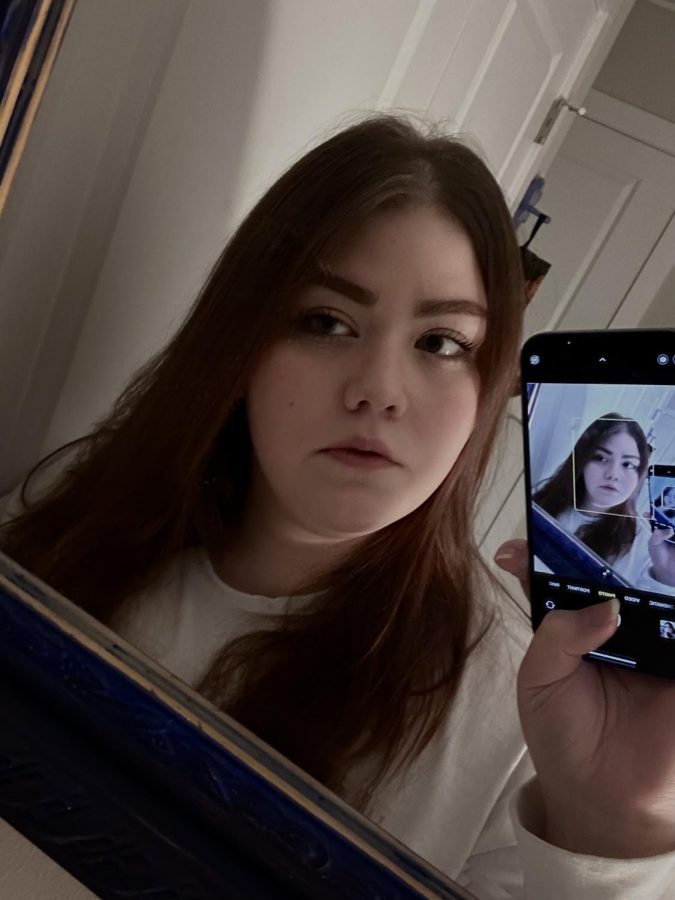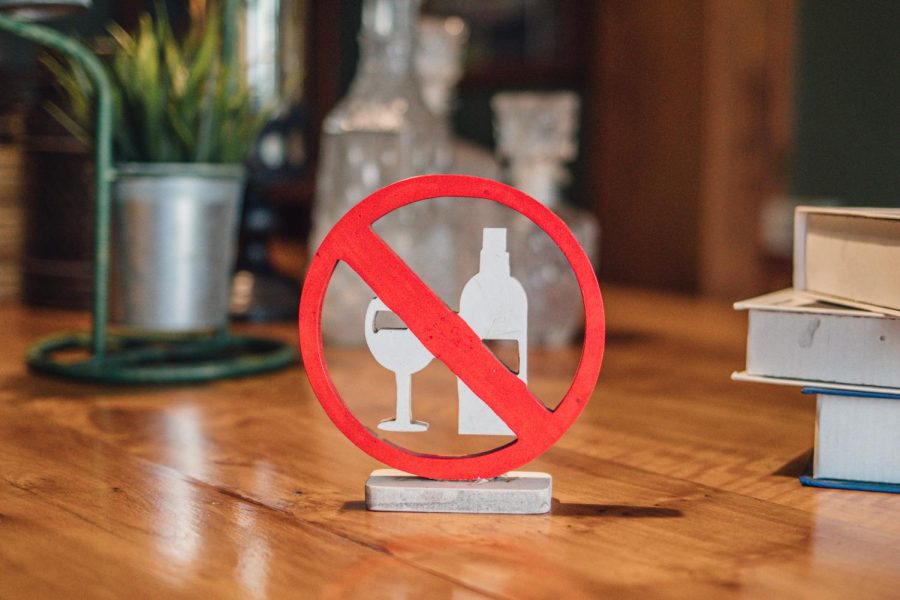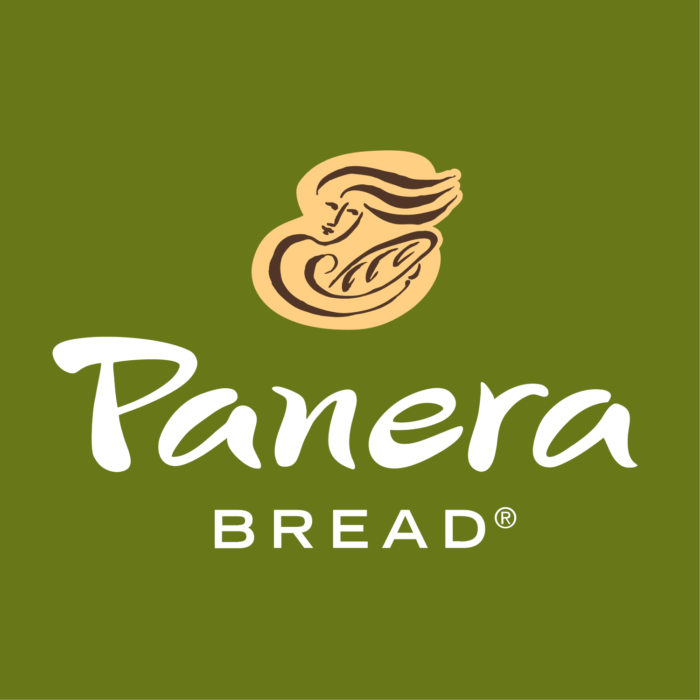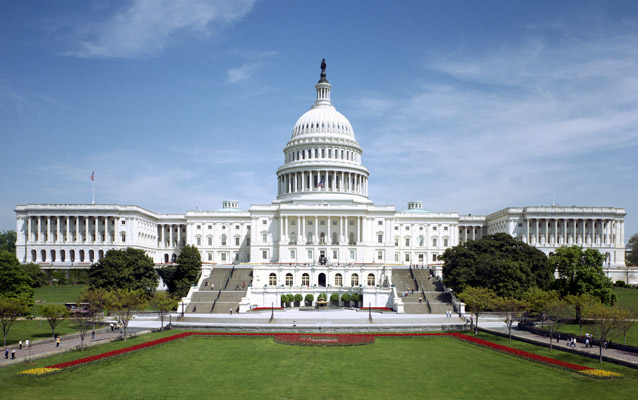There is a new recycling program on campus.
The new program, Single Stream Recycling, is scheduled to debut at the end of September. With this new program, the recycling doesn’t have to be separated, unlike the old program.
James Bonsall, Student Government Association president, said students can just throw it all in one bin.
IU Southeast is renting out six dumpsters from Riverside Recycling. It will cost the university $45 a week for each dumpster, totaling $270 a week for the new program.
The blue bins in many buildings across campus will remain. Custodians and Physical Plant will help gather the recycling from the blue bins and put it in the dumpsters.
Riverside Recycling will pick up the recycling once a week. They’ll separate the recycling at their plant and sell it as a commodity to other companies.
IU Southeast signed a one year contract with the company. The next goal is to get the program into the residence halls and Dining Services.
“Recycling should be in the cafeteria,” Valerie Allen, communications junior, said.
SGA is working on getting more bins for the University Center and other areas on campus. They are also working on marketing ideas to promote the new program.
Bonsall said they can always use student help with promotional material.
The main goal is to get it campus-wide.
“IU Southeast can be a leader of Single Stream Recycling,” Bonsall said. “We can encourage more schools to recycle.”
“It’s imperative that the whole campus community gets in on this,” said Jon Smith, mail services employee.
Another aspect of this program is the dumpster trucks get weighed every time they come in and go out, so they can get an accurate amount of how much they are recycling.
Many departments on campus have already started a recycling program. The School of Social Sciences has put a box in their office to recycle. The School of Education uses the blue bins.
Some people have taken it upon themselves to take the recycling home with them, like Ryan Woodward, clerical assistant for the School of Education.
The list of items that can be recycled under this program has expanded. Soft- and hard-bound textbooks can now be recycled under this program along with boxes, magazines, newspapers and white and color coated paper.
No glass, plastic foam or paper products that have been contaminated by food can be recycled.
Smith said it’s a win-win for everyone.
“It’s good for the environment and cheaper for the university,” he said.
By AMANDA FRENCH
Staff Writer
aafrench@ius.edu






